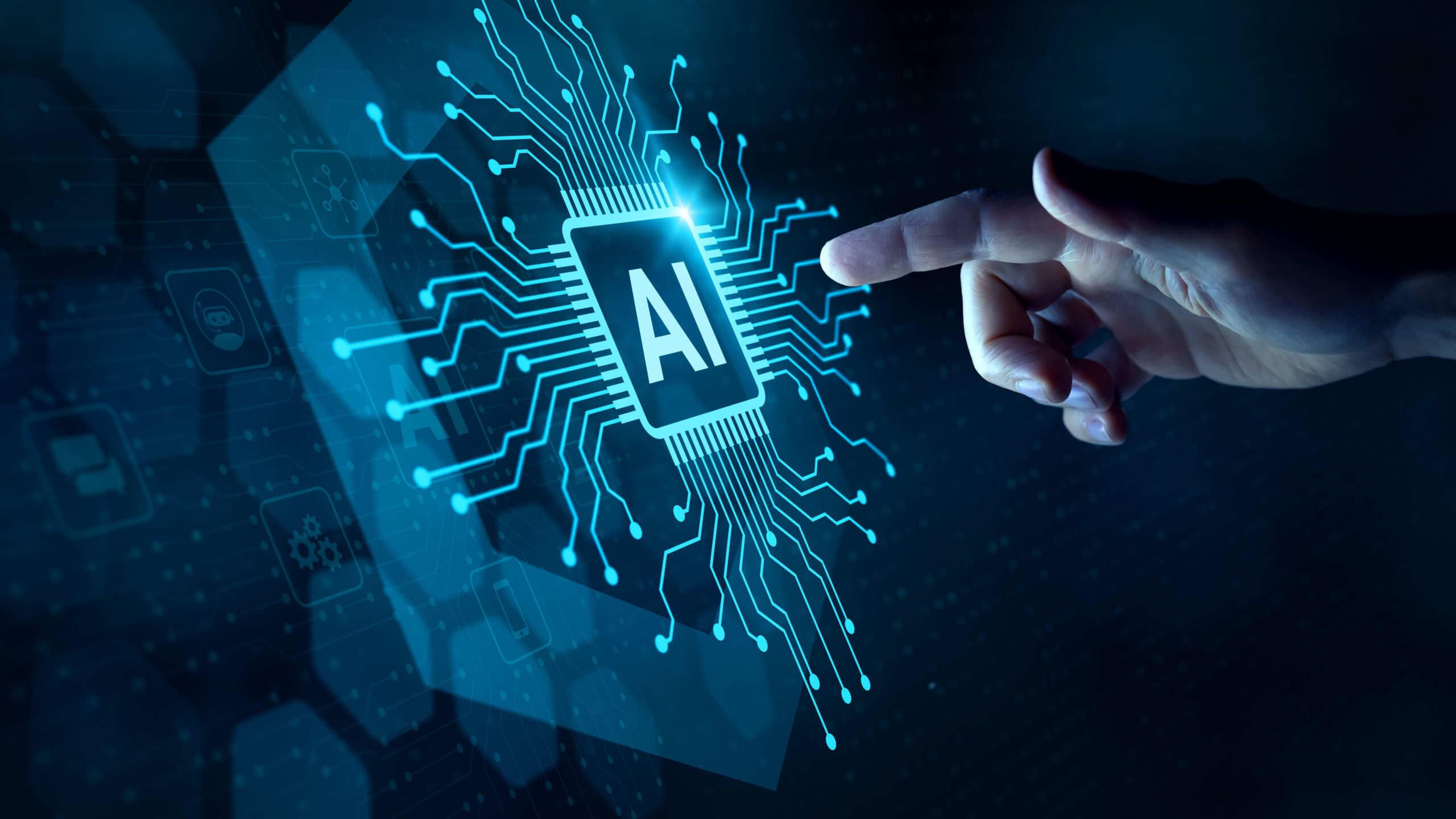
In the ever-evolving landscape of e-commerce, staying ahead of the competition means more than just having a great product. Search engine optimization (SEO) is one of the most powerful levers for driving organic traffic and sales—but doing it effectively requires strategy, adaptability, and scale. This is where artificial intelligence (AI) becomes a game-changer.
AI tools are reshaping how online stores approach SEO, from content creation to keyword analysis to technical optimizations. In this post, we’ll break down exactly how you can use AI to enhance your e-commerce SEO and stay ahead in 2025 and beyond.
1. AI-Powered Keyword Research
Keyword research is foundational to SEO. AI tools like Ahrefs, SEMrush, and Surfer SEO now integrate machine learning to:
-
Analyze search trends and user intent.
-
Suggest long-tail keywords based on real-time data.
-
Identify content gaps your competitors are missing.
AI can process massive datasets and spot opportunities that manual research often overlooks, helping you target more relevant keywords and increase visibility.
Pro tip: Use AI to discover high-intent transactional keywords specific to your niche. These are goldmines for conversion-driven traffic.
2. Generate SEO-Optimized Product Descriptions
Writing unique, keyword-rich product descriptions at scale is one of the biggest content challenges for e-commerce stores. AI copywriting tools like ChatGPT, Jasper, or Copy.ai can generate:
-
Keyword-optimized descriptions.
-
Multiple variations for A/B testing.
-
Engaging, natural-sounding content.
This allows you to maintain quality and uniqueness across thousands of SKUs—an essential factor in avoiding duplicate content penalties.
3. Automate Meta Tags and Schema Markup
AI can also assist in generating and optimizing meta titles, meta descriptions, and structured data:
-
Tools like RankMath and Yoast SEO now use AI suggestions to enhance metadata.
-
Schema markup (for products, reviews, FAQs) can be auto-generated to improve rich snippet eligibility.
By automating these elements, you ensure consistency and improve click-through rates in SERPs.
4. Optimize for Voice and Visual Search
With the rise of smart assistants and image recognition, optimizing for voice and visual search is increasingly important.
-
AI tools analyze how people ask questions verbally (longer, more conversational queries) and help optimize your content accordingly.
-
Visual search AI (like Google Lens) is being used to tag and categorize images. E-commerce sites can now use AI to generate alt text and improve image indexing.
Bonus: AI can even help compress images without losing quality, which boosts page load speed—another SEO ranking factor.
5. Content Strategy and Topic Clustering
AI doesn’t just generate content—it helps strategize it. Tools like MarketMuse and Frase.io use natural language processing to:
-
Suggest content pillars and topic clusters.
-
Analyze your content against competitors.
-
Identify internal linking opportunities.
This improves site architecture and semantic relevance, both crucial for SEO performance.
6. AI Chatbots and SEO Synergy
While not traditionally considered SEO tools, AI-powered chatbots can enhance dwell time and reduce bounce rates—indirect but important SEO signals.
They also help surface relevant products and blog content, improving internal navigation and UX.
7. SEO Performance Monitoring and Predictive Analytics
AI tools can monitor changes in rankings, traffic, and user behavior to:
-
Spot algorithm updates faster.
-
Forecast traffic trends.
-
Recommend adjustments proactively.
Instead of reacting to changes months after a drop in traffic, you can make real-time decisions backed by predictive insights.
Final Thoughts
AI isn’t replacing SEO—it’s enhancing it. For e-commerce brands, it’s a catalyst for scalable, smarter, and more personalized SEO strategies. Whether you’re a small Shopify store or a global e-commerce giant, leveraging AI will be crucial to your organic growth in the coming years.
Start small: automate your product descriptions or use AI for keyword clustering. Scale smart: build content clusters with AI strategy tools. The future of e-commerce SEO is here—and it’s intelligent.
Need help building your AI-powered SEO strategy? Let’s talk. Our team specializes in crafting data-driven marketing strategies that drive traffic, rankings, and revenue.


